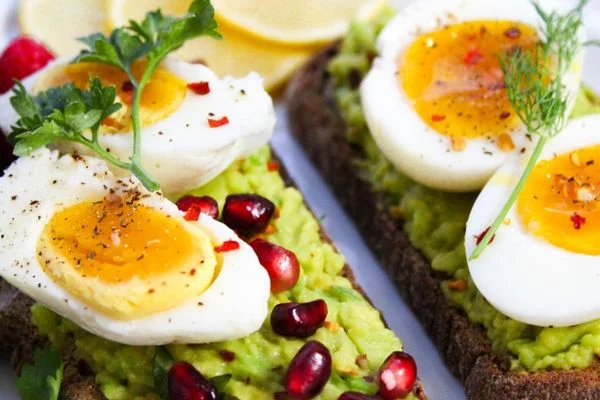Baking a cake is a delightful and creative process. Among the key ingredients, eggs play a crucial role in determining the final taste and texture of the cake. However, sometimes, even with the best intentions, we might end up using a bad egg in our cake mix, leading to disappointing results.

Understanding the Role of Eggs in Cake Mix
Eggs are the binding agents in cake recipes, adding moisture and structure to the batter. They also contribute to the cake’s richness and help achieve a tender texture.
A fresh and good-quality egg ensures a successful baking experience, resulting in a delicious cake.
Signs of a Bad Egg
Before incorporating eggs into your cake mix, it’s essential to identify potential signs of spoilage.
Using a bad egg can adversely affect the taste and quality of your cake. Here are some signs to watch out for:
Strange Odor
A bad egg emits a foul smell, noticeably different from the usual eggy aroma. If you detect an unpleasant odor when cracking the egg, it’s best not to use it.
Unusual Texture
When you crack a fresh egg, the white and yolk should have a smooth and consistent texture. If you notice any lumps, stringy bits, or a separated appearance, the egg may be bad.
Off-Putting Color
A fresh egg typically has a clear, bright yolk and a translucent egg white. If you spot any green, pink, or iridescent hues, the egg has likely gone bad.
Effects of a Bad Egg in Cake Mix
Using a bad egg in your cake mix can lead to several undesirable outcomes:
Altered Taste
A bad egg can impart an unpleasant taste to the cake, ranging from slightly off to downright repulsive. It can ruin the flavors you carefully curated and leave a lingering bad aftertaste.
Texture Issues
Eggs contribute to the cake’s structure, and a bad egg might result in an uneven texture or an undesirable crumb. The cake may turn out rubbery, flat, or overly dense.
Potential Health Concerns
Consuming a cake made with a bad egg can pose health risks due to the presence of harmful bacteria. It’s crucial to avoid using spoiled eggs to ensure food safety.
Preventing Bad Eggs in Cake Mix
Prevention is the key to ensuring your cake turns out perfect every time. Here are some tips to prevent using bad eggs in your cake mix:
Checking Expiration Dates
Always check the expiration date on the egg carton before purchasing. Avoid buying eggs with a short shelf life to reduce the risk of getting spoiled eggs.
Egg Quality Tests
Perform an egg quality test before using them in your recipe. Fresh eggs will sink in a bowl of water, while bad eggs will float due to the air pocket that forms inside the shell.
Proper Storage
Store eggs in their original carton in the refrigerator’s main compartment. Avoid keeping them on the refrigerator door, as the temperature fluctuations there can hasten spoilage.
Alternatives to Eggs in Cake Mix
For those with egg allergies or facing an egg shortage, several substitutes can be used in cake recipes.
Common alternatives include applesauce, mashed bananas, yogurt, or commercially available egg replacers.
The Importance of Fresh Ingredients in Baking
To achieve the best results in baking, using fresh and high-quality ingredients is paramount. From eggs to flour, every component contributes to the cake’s overall taste and texture.
Tips for Baking the Perfect Cake
Here are some additional tips to ensure your cake turns out perfect:
- Measure ingredients accurately.
- Use room temperature ingredients for better mixing.
- Preheat the oven to the correct temperature.
- Grease and flour the cake pan adequately.
- Rotate the cake halfway through baking for even cooking.
FAQs
It’s not advisable to use eggs past their expiration date. Always use fresh eggs to avoid potential spoilage.
Yes, you can use various egg substitutes like applesauce or mashed bananas to replace eggs in cake recipes.
Double-check your measurements, mixing techniques, and oven temperature. Small adjustments can make a significant difference in the final result.
A properly stored cake made with fresh eggs can last for several days. Be sure to cover it tightly to preserve freshness.
Conclusion
A bad egg in cake mix can be a major disappointment for any baker.
By recognizing the signs of spoilage and following best practices for ingredient selection and storage, you can greatly reduce the risk of ending up with a less-than-perfect cake.
Remember, fresh and quality ingredients are the key to baking success.
